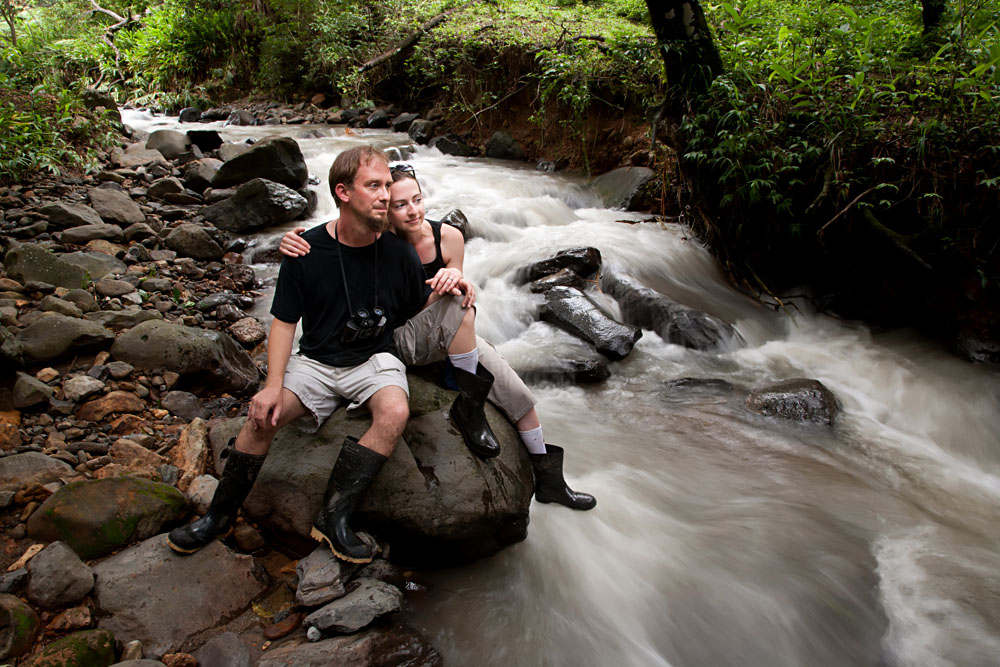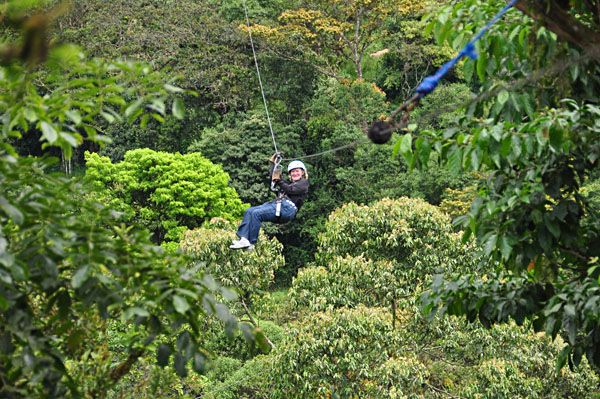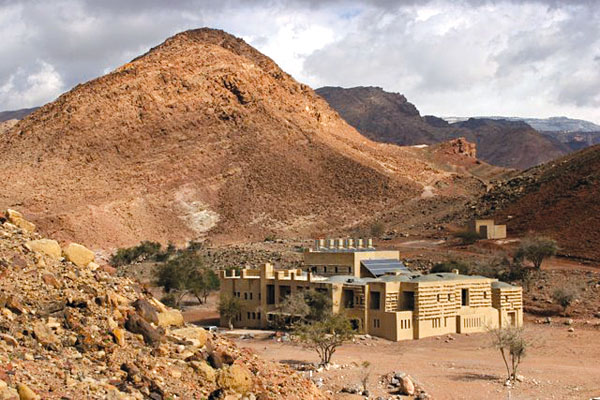Home / Ecotourism – An Importan…

Ecotourism – An Important Trend in Travel
In many respects, we live in a very fragile world. Consider climate change, greenhouse gas emissions, pollution, soil erosion, and, well, you can add your own examples. So, when considering a vacation, why not check out the possibility of an ecotourism-friendly destination which endeavours to keep its natural appeal in tact.
I mention the word “ecotourism.” This needs defining, so I quote the World Conservation Union:
“Environmentally responsible travel to natural areas in order to enjoy and appreciate nature and accompanying cultural features that promote conservation, have a low visitor impact and provide for beneficially active socio-economic involvement of local peoples.”
One of the principles of ecotourism is that your visit should benefit both the local people and also yourself. In other words, ecotourism should be a win-win situation. It is not hard to appreciate that your travel dollar not only provides pleasure and satisfaction for you – the traveller, but also directly benefits the local environment and/or local population.
Let’s be careful in defining what activities are considered ecotourism and what are not. For example, a walk through a rainforest is not ecotourism unless that particular walk somehow benefits that environment and the people who live there. A rafting trip might only be ecotourism if it raises awareness and/or funds to help protect the watershed. A loose interpretation of the definition of ecotourism is prevalent in the world of travel, so if it is important to you, why not ask questions to determine if your trip will help conserve and improve the places you intend to visit. Ideally, we all want to ensure that there are places that will remain beautiful and unspoiled for years to come.

Here are some subtext examples of ecotourism:
Sustainable Tourism
In terms of travel, sustainability might be defined as the ability of something to be maintained indefinitely. According to environmental experts, some of the aims for sustainable travel are to protect the environment, restore ecosystems, encourage local economies and businesses, support social improvement, and protect cultural identity. There is a real link between these universal aims and what we should consider when making travel plans. Ultimately, you have a choice on the impact you make in your chosen destination. Consider, for example, how much value to the local economy, culture, and environment your travel dollar might bring. If both the destination and the traveller contribute to each other, everyone benefits.
Any form of tourism that does not reduce the availability of resources and does not inhibit future travellers from enjoying the same experience means the destination or locale is sustained for future generations. If, say a popular game-viewing park is overrun with a large number of visitors and disturbs an animal’s mating patterns so that there are fewer of that species in the future, then that does not indicate sustainability. To really hammer home the point, big-game hunting in Africa is a real no-no.

Responsible Tourism
If your visit leaves no visible negative impacts on the destination, then in a general sense, this is being responsible. Let’s look at some ideas as to how to be a responsible traveller. Take with you a durable water bottle and rechargeable batteries. Most hotels these days encourage guests to try to reuse towels, turn off lights, turn down the air-conditioning when not in the room etc. This didn’t used to be the case. Sometimes I find it easier to give a negative example to drive home what is responsible tourism. A dune buggy excursion which “cavorts” over sensitive terrain would be one. Another would be the collecting of minerals, rocks formations, and fossils, thereby depleting the natural environment. Actually, allow me a moment’s levity. As I write this, I am reminded of the fact that I personally took away a piece of the Berlin Wall when it came down. However, I swear it had no negative impact on the city of Berlin!

Nature Based Tourism
Simply put, this is travel which has an emphasis on nature. If you stay at a remote jungle lodge in the Amazon or view penguins in Antarctica, South Africa, or Australia, these types of visits may or may not be responsible activities. It is for you to judge or check out if they have any effect on sustainability.
Green Tourism
A much used term. In a general sense, one has to ask if the hotel, lodge, etc. being used is aware of, for example, composting, using a natural water system, or using solar power. This may be going to an extreme but it is relevant.

Cultural Tourism
This is where, on a visit to a destination, one acquires an understanding or learns about specific cultures with the idea of broadening one’s mind. Examples are experiencing artisans’ works in cottage industries. Be encouraged to purchase items only if it benefits the locals.
A Summation of Ecotourism
We live in an amazing and beautiful world, but if we are not conscious of the need to keep it this way and to realize the dangers that could destroy it, we are not ecotourists but more travel consumers. We have come a long way in recent times. Articles of this nature do help to view our world in a different light. You may remember the days when it was commonplace to simply throw away everything from orange peel to scraps of paper without thought. Now, I will carry around with me my no-longer-required trash until I find a suitable receptacle in which to place it.
Ecotourism typically involves travel to destinations where flora, fauna, and cultural heritage are the primary attractions, offering the visitor an insight into the impact of human beings on the environment, and hopefully fostering a greater appreciation of our natural habitats.
Another benefit of ecotourism is that it can provide much needed revenues for the protection of national parks and other natural areas where complete financing might not be available from other sources.
So, in summation, out there, in our big wild world, there is not only a lot to see and experience, but also a lot to learn about. I know whenever I personally travel, I become more and more conscious of the need to make sure that whatever I do either benefits or does not do harm to the environment or the local communities. In this way, everything is conserved for future generations to enjoy.
So from lush jungles and colourful coral reefs to sprawling savannas and awe-inspiring fjords, wherever you travel, consider your impact on your chosen destination. I am sure most travellers are responsible beings. Then again, there are those that are perhaps not totally aware of their impact on the environment.

Where to Find Eco-Friendly Destinations
Ecotourism is considered to be the fastest growing market segment in the tourism industry, according to the World Tourism Organization. You will obviously want to know where to find some of these ecotourism-oriented destinations. Find out more from the following articles.
Our Ecotourism Series:
Ecotourism – An Important Trend in Travel
Ecotourism Destinations: East Africa
Ecotourism Destinations: Southern Africa
Ecotourism Destinations: Central and South America (Part 1)
Ecotourism Destinations: Central and South America (Part 2)
Ecotourism Destinations: Central and South America (Part 3)
Ecotourism Destinations: Asia (Part 1)
Ecotourism Destinations: Asia (Part 2)
Ecotourism Destinations: Australia
Ecotourism Destinations: New Zealand
Ecotourism Destinations: Europe
Get more travel inspiration by email.
Subscribe
0 Comments

Get the latest travel trends & hear about the best deals on vacations around the world.
If you’re a Globetrotter, these are the newsletters for you!



